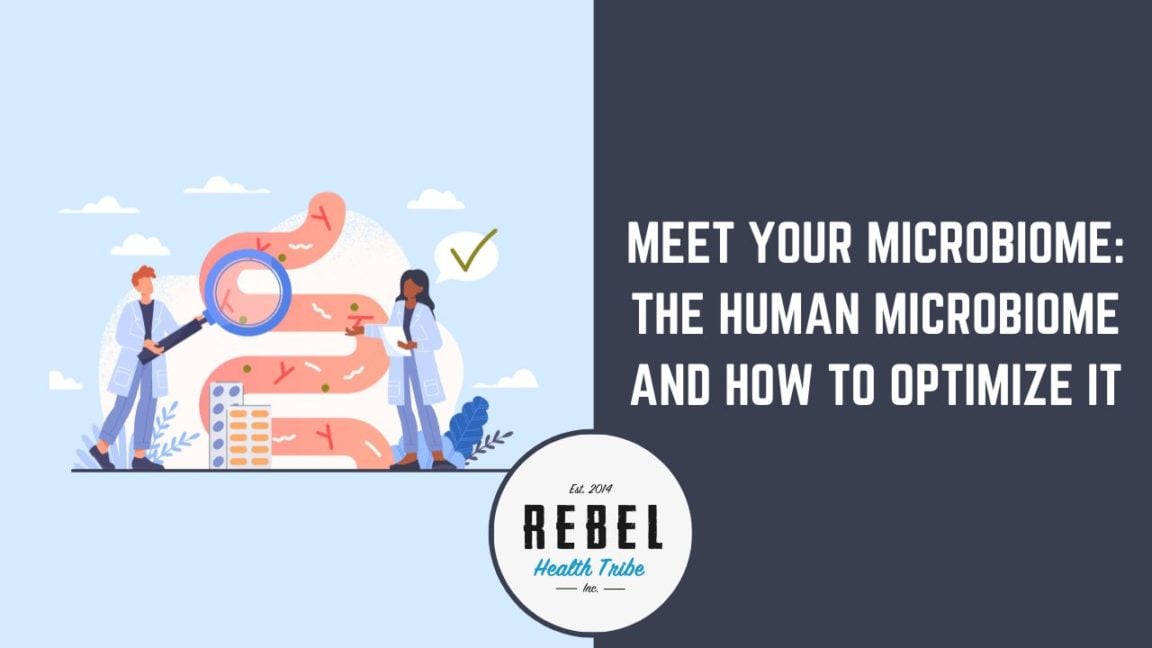
Meet Your Microbiome: The Human Microbiome and How to Optimize It
Meet Your Microbiome: The Human Microbiome and How to Optimize
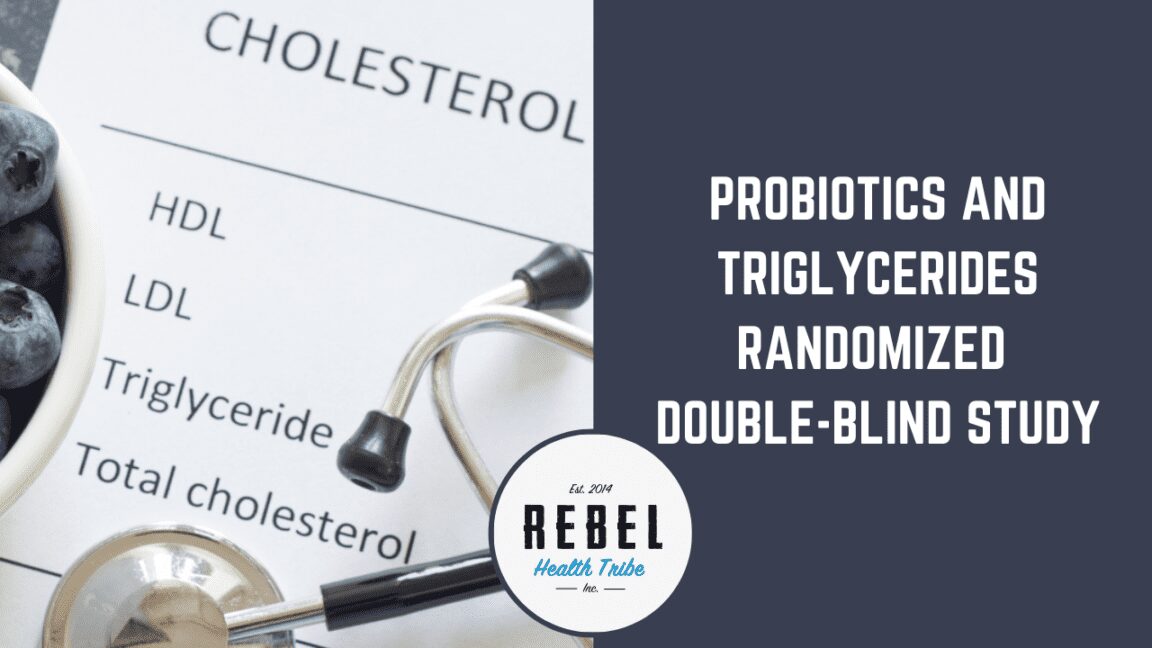

Meet Your Microbiome: The Human Microbiome and How to Optimize
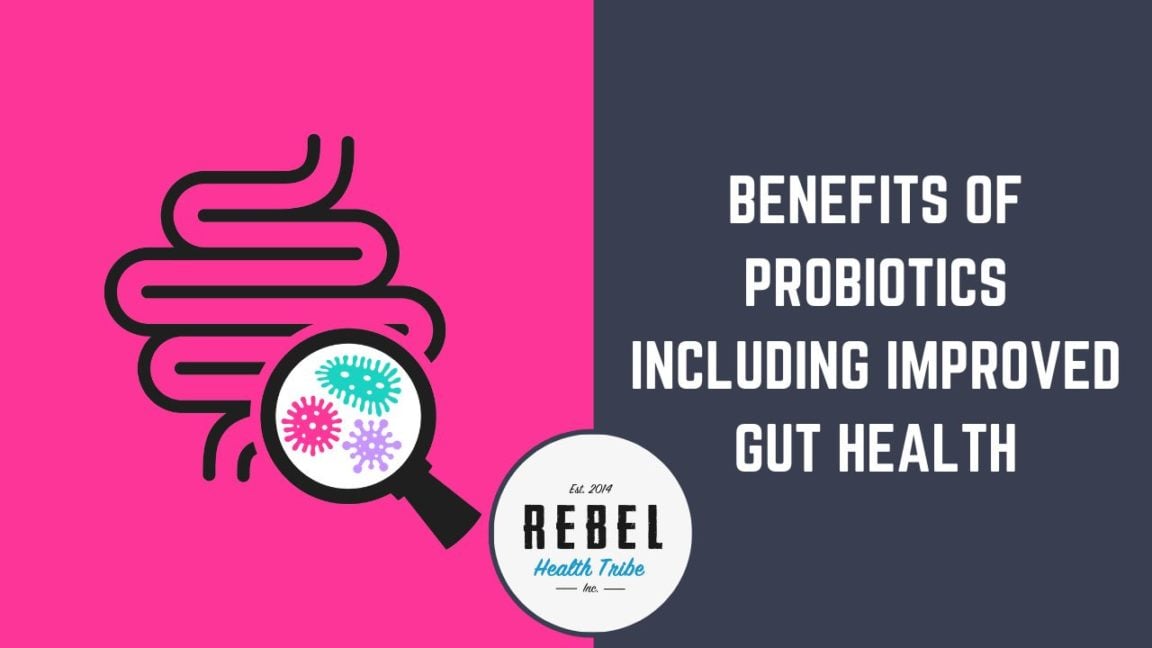
Benefits of Probiotics Including Improved Gut Health “Probiotics” has become
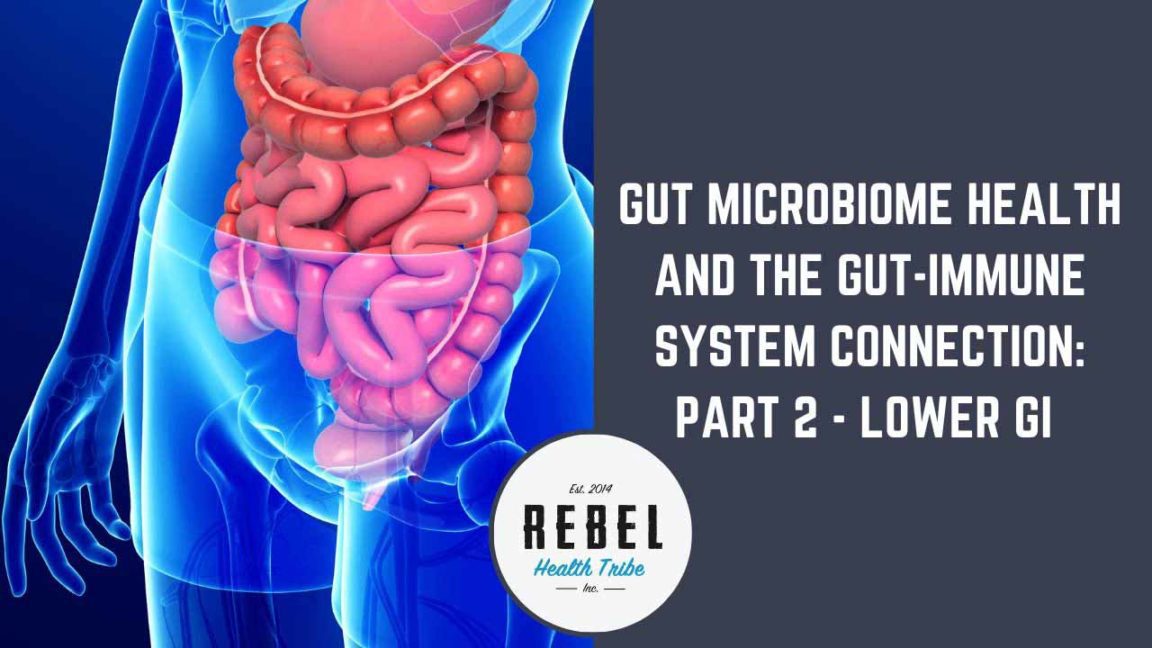
Gut Microbiome Health and the Gut-Immune System Connection: Part 2
At first glance, your heart health, metabolic health, and gut health might seem pretty unrelated. After all, modern medicine has compartmentalized our bodies – making it easy for us to separate our bodies into systems. Our digestive system, our cardiovascular system, and so on and so forth.
But the truth is, our bodies are far from separate and compartmentalized. Our bodies are made up of intensely intertwined and interconnected systems – all working together in a delicate dance to keep us alive and healthy. And this complex interplay between our body systems is becoming especially apparent as new studies reveal just how much our gut health can impact vital compounds in our bloodstream known as triglycerides.
In this post, we’re going to explore exactly what triglycerides are, how they impact your health, their fascinating connection to your gut health, and the benefits of probiotics when it comes to maintaining healthy triglyceride levels. Let’s start with defining what triglycerides are and what purpose they serve in your body.
Triglycerides are a type of fat – also known as a lipid – that can be found circulating in your blood and stored within your cells. While triglycerides can come directly from certain fatty foods, your body also converts any excess calories that it can’t utilize right away into triglycerides. Once these extra calories are converted into triglycerides, they are stored in your cells to be released and used later as a source of energy between meals.
Triglycerides are the main form of fat found in your body and are crucial for your body to function normally. But if your triglyceride levels are thrown off-kilter and begin increasing beyond normal ranges, it can spell trouble for your health.
Your triglyceride levels can be measured with a simple blood test known as a lipid panel that analyzes whether your triglycerides fall into a healthy range:1,2
Elevated triglycerides, also known as hypertriglyceridemia, can cause some serious and even life-threatening health concerns if left unchecked. Elevated triglycerides are linked to:3
Elevated triglycerides can be sneaky – with no real identifiable symptoms until they are either identified in a lab test or levels spiral into one of the more serious health conditions listed above. So it’s important to understand what can cause a dangerous increase of these fatty molecules.
So, what exactly causes high triglycerides? Oftentimes it’s a combination of factors that come together to shift the balance and cause a spike in your triglycerides. Some potential causes of high triglycerides include:
But the good news is, there are some simple steps you can take to lower your triglycerides naturally.
Some ways to naturally lower your triglycerides include:4
All of these are crucial pieces of the puzzle in both lowering triglyceride levels and also supporting overall health. But there’s another less obvious and remarkably potent way you can lower triglyceride levels naturally.
What is this lesser-known strategy for lowering triglycerides and supporting the healthy metabolism of fats? Focusing on your gut health.
“Probiotic” is an umbrella term that refers to the collection of beneficial microorganisms that reside within our bodies. The conglomeration of microbes that call your digestive tract home is collectively known as your gut microbiome. And these microscopic organisms do much more than simply exist – we couldn’t function or even survive without them.
These beneficial probiotics play a critical role in nearly every facet of your health. And research is revealing that these microbes can have a remarkable impact on your triglyceride levels. While researchers are still not 100% clear on exactly how probiotics influence triglyceride levels, they speculate it goes something like this:5,6,7,8
Now let’s explore a specific subset of probiotics that have been found to have particularly powerful triglyceride-lowering properties.
Spore-based probiotics are also referred to as soil-based probiotics or spore-forming probiotics. These microbes are naturally found in soil and are designed to be a fundamental component of our microbiome thanks to their unique ability to form endospores – a protective encasement designed to protect the bacteria and shield it from harsh environments.
You see, these strains of bacteria evolved to make their way into bodies by hitching a ride on the food we eat – hiding out in their protective endospore to shield themselves from harsh gastric juices. Once they arrive at their intended destination (your intestines) they set up camp and begin working in harmony with your own cells and the other microbes that make up your microbiome.
But when it comes to spore-based probiotics, not all strains are created equally.
Megasporebiotic by Microbiome Labs utilizes a unique blend of 5 particularly potent strains of spore-based, broad-spectrum probiotics that work to not just repopulate your gut but to entirely recondition it. Megaspore probiotic’s blend includes:
To dive deeper into the extensive health benefits that have been linked to these specific strains of spore-based probiotics, you can check out these blog posts:
Or if you really want the low down on Megaspore probiotics, head over and check out our webinar replay with Kiran Krishnan, the Chief Science Officer at Microbiome Labs.
While MegaSporeBiotic probiotic supplements have been clinically proven to have extensive health benefits, they’ve been found to be especially powerful when it comes to lowering triglycerides. Just take a look at the following study.
In a 12-week, randomized, double-blind study, participants with mild to moderate elevation in their triglycerides were given a spore-based probiotic supplement that contained the exact blend of spore-forming bacilli found in MegaSporeBiotic. The average triglyceride level of the participants in the study was roughly 215. After just 6 weeks of supplementation, the average triglyceride level dropped to a staggering 160 – nearly dropping down into normal ranges.
And within 90 days, many participants’ triglyceride levels dropped to 150 or below – completely reversing hypertriglyceridemia.9,10 Participants taking spore-based probiotics were on no other medications and did not make any other lifestyle changes. Click Here to Read the Abstract!
This monumentally significant decrease in triglycerides from a simple probiotic supplement gives us incredible insight as to just how big of an impact the microbiome has on our overall health.
If you’ve been diagnosed with elevated triglycerides or are worried your triglyceride levels may be out of whack, prioritizing your gut health and gut microbiome can be a game-changer. As they say, the proof is in the pudding – and there’s impressive proof that spore-based probiotics can be a powerful tool when it comes to regulating and naturally lowering triglyceride levels.
If you’re interested in experiencing the health-transforming power of Megasporebiotic probiotics for yourself, you can grab your own bottle by clicking right here. You can find Megasporebiotic and more through our online shop. And as always, there are tons of additional cutting-edge resources available on the blog and in the Wellness Vault to help you solve your own health puzzle and optimize every aspect of your well-being.
ZenBiome™ Sleep is formulated to help clients deal with occasional...
An Exclusive Course with 10 Years of Microbiome
If you’ve ever wanted all of Kiran’s best
The toxicity and Detoxification Masterclass covers a wide
19 Leading Experts Share Cutting-Edge Science, Effective Practices,
Autoimmune Masterclass brings together 17 of the world’s
If you get fatigued, flushed, or foggy after...
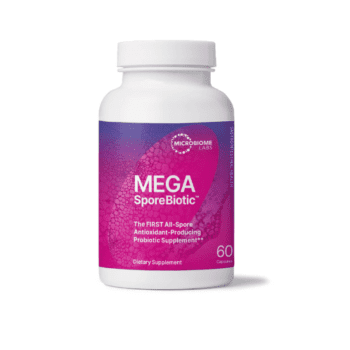
MegaSporeBiotic™ is a 100% spore-based, broad-spectrum probiotic shown...
MegaSporeBiotic™ Gummies are a 100% spore-based proprietary probiotic...
MegaMucosa is the first complete mucosal support supplement...
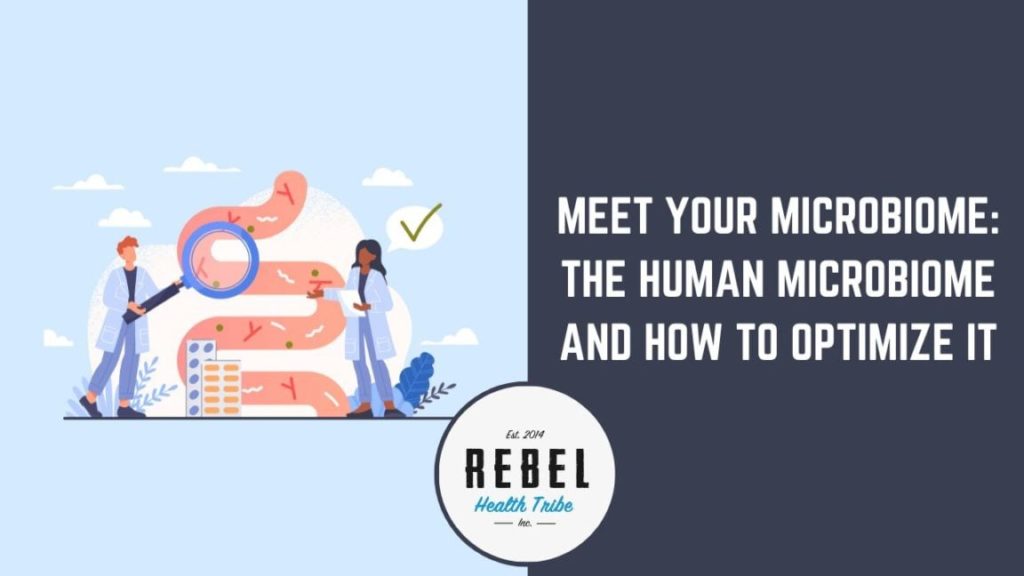
Meet Your Microbiome: The Human Microbiome and How to Optimize It On and in the average human, there reside approximately
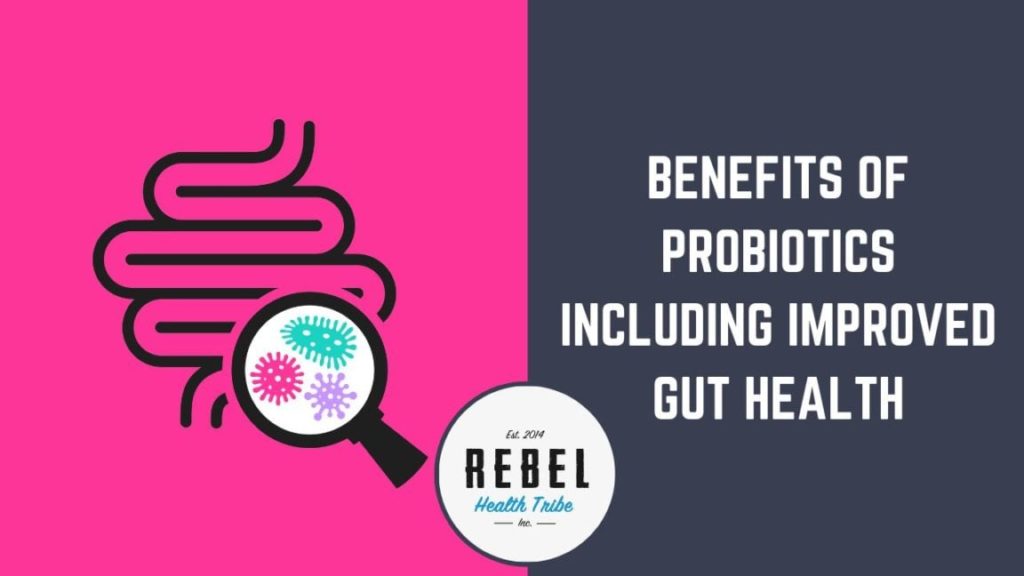
Benefits of Probiotics Including Improved Gut Health “Probiotics” has become quite the buzzword – with countless products and supplements proudly
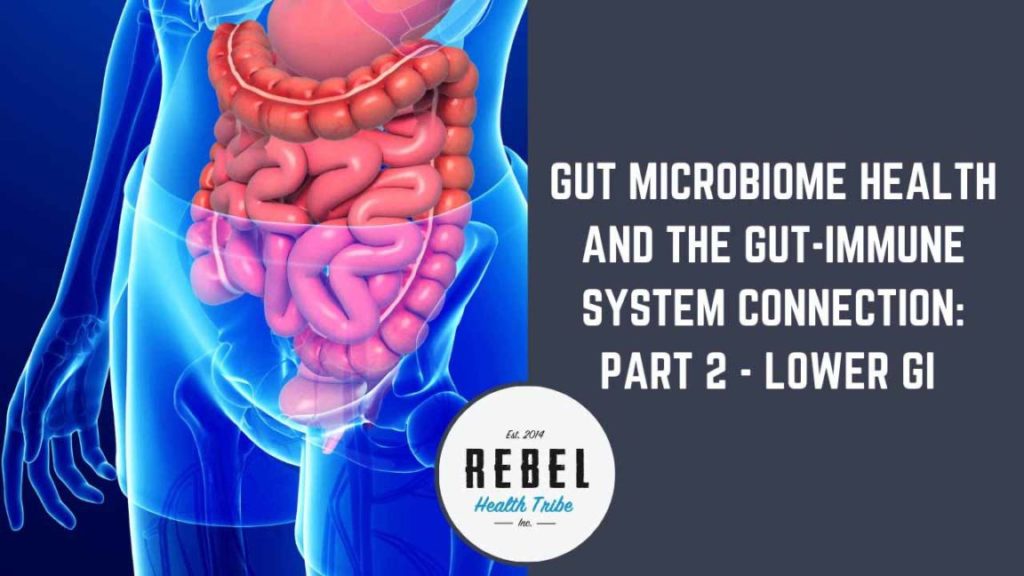
Gut Microbiome Health and the Gut-Immune System Connection: Part 2 Lower GI The diverse community of microbes in your digestive
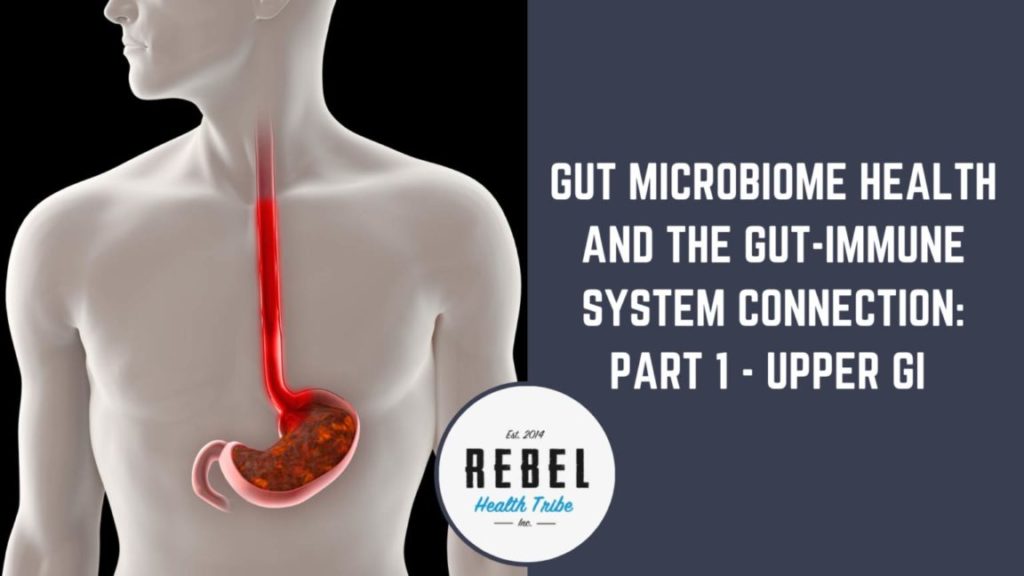
Gut Microbiome Health and the Gut-Immune System Connection: Part 1 Upper GI The message is out: gut health is critical